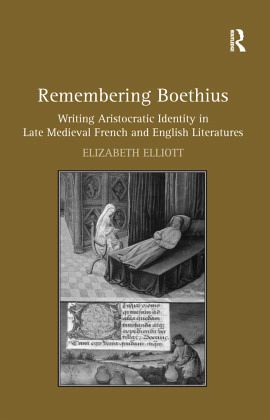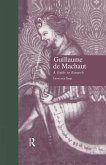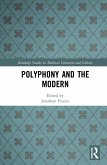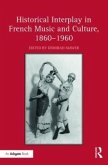Remembering Boethius explores the rich intersection between the reception of Boethius and the literary construction of aristocratic identity, focusing on a body of late-medieval vernacular literature that draws on the Consolation of Philosophy to represent and reimagine contemporary experiences of exile and imprisonment. Elizabeth Elliott presents new interpretations of English, French, and Scottish texts, including Machaut's Confort d'ami, Remede de Fortune, and Fonteinne amoureuse, Jean Froissart's Prison amoureuse, Thomas Usk's Testament of Love, and The Kingis Quair, reading these texts as sources contributing to the development of the reader's moral character. These writers evoke Boethius in order to articulate and shape personal identities for public consumption, and Elliott's careful examination demonstrates that these texts often write not one life, but two, depicting the relationship between poet and aristocratic patron. These works associate the reception of wisdom withthe cultivation of memory, and in turn, illuminate the contemporary reception of the Consolation as a text that itself focuses on memory and describes a visionary process of education that takes place within Boethius's own mind. In asking how and why writers remember Boethius in the Middle Ages, this book sheds new light on how medieval people imagined, and reimagined, themselves.
'Elizabeth Elliott treats a number of subjects - Boethius, Boethius's "fortune" in the later Middle Ages, memory, life-writing, prison literature, advice to princes - in a deft and sophisticated manner. Engaging with Boethius, a philosopher, she deals with complex philosophical questions, and she insists upon the serious, intellectual component in texts which, up to now, were considered largely to be works of aristocratic and aesthetic play.' William Calin, University of Florida, USA and author of The French Tradition and the Literature of Medieval England 'This study is a fine contribution to recent scholarship on the influence of medieval translations of Boethian models. With its emphasis on memory as a means of consolation and also ethical perfection, the study sheds new light on the erotic imagery so striking in the works analysed, making a strong case for a moral significance that contradicts the intention traditionally attributed to Boethius. Moreover, by insisting on the political and ethical significance of such amatory writings, the study opens up new paths to explore.' Parergon 'Elliot offers new and exciting discussions of late medieval literary uses of Boethius as evidence of the emergence of vernacular authorship as well as the conscious representation of aristocratic identity in literature.' Comitatus








